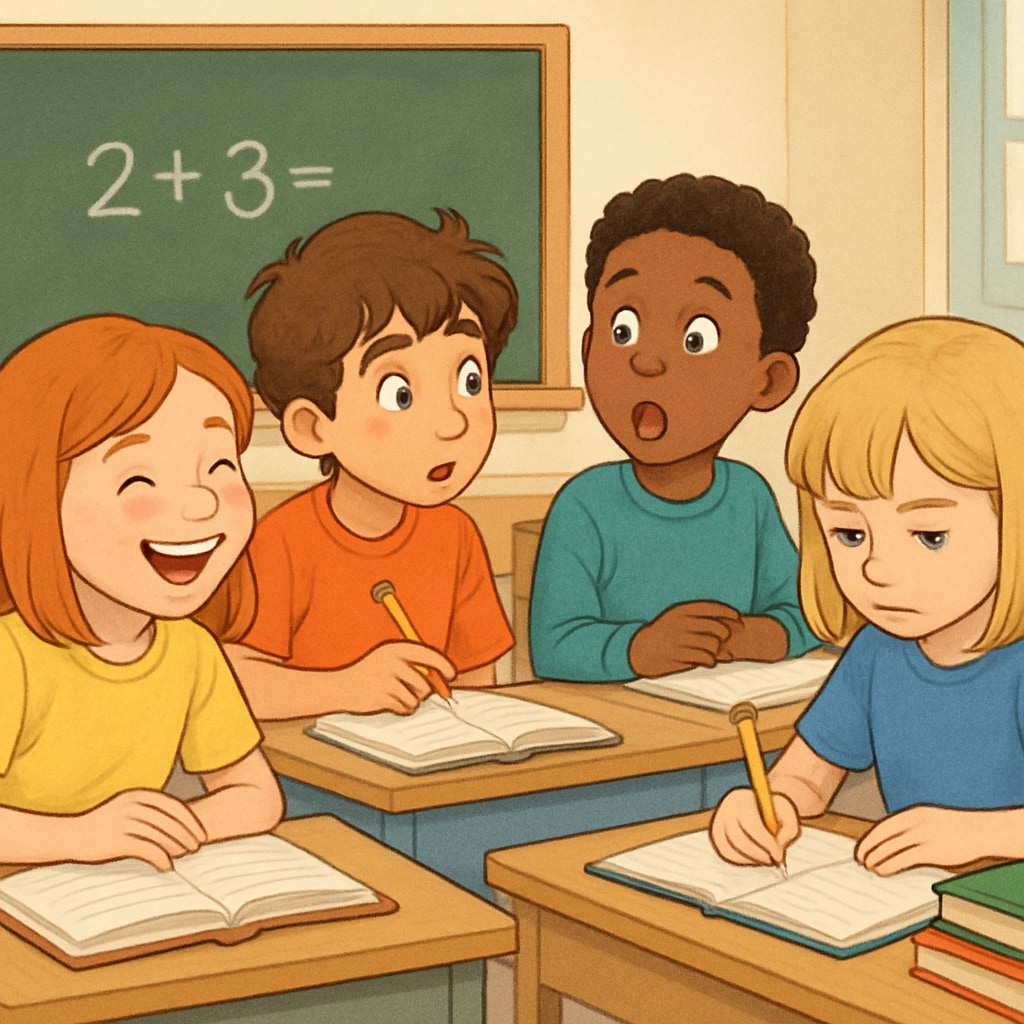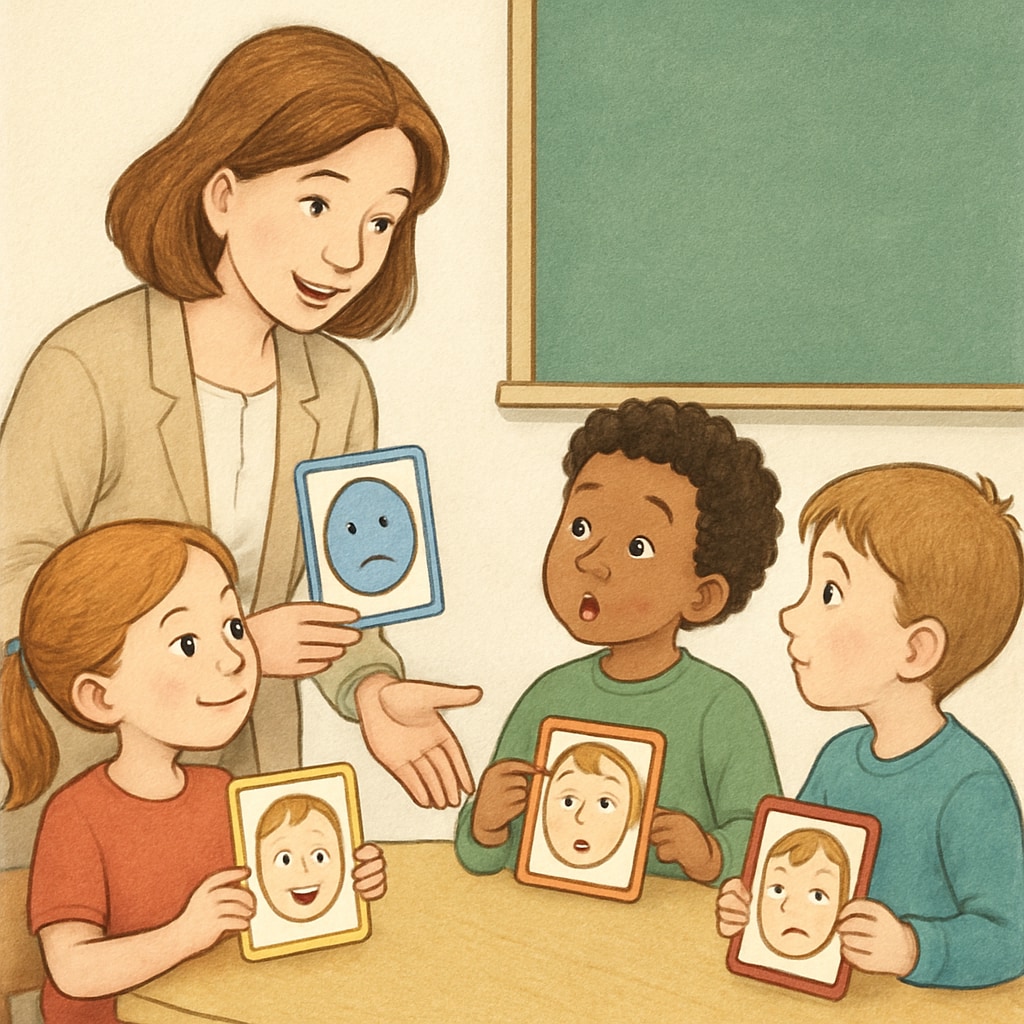Emotional education is an essential pillar in children’s development, enabling them to understand and manage their emotions effectively. While emotional intelligence may seem innate, it is, in fact, a learned skill that requires deliberate teaching and guidance. By incorporating emotional education into a child’s upbringing, parents and educators can help foster healthy emotional expression and lay the groundwork for their future happiness and success.

Why Emotional Education Matters
Emotional education is not just about teaching children to identify their feelings; it’s about empowering them to navigate complex emotions and respond to challenges constructively. When children learn emotional management skills early, they develop resilience, empathy, and self-awareness—qualities that are vital for both personal and social success.
For example, studies have shown that children with strong emotional skills perform better academically and have healthier relationships later in life. According to Britannica, emotional intelligence encompasses critical abilities like emotional regulation and interpersonal communication, which are key for long-term well-being.
The Role of Parents and Educators in Emotional Development
Parents and educators play a pivotal role in children’s emotional education. By modeling positive emotional behaviors, adults can teach children how to express their feelings constructively. In addition, structured programs such as social-emotional learning (SEL) curricula in schools have shown enormous benefits in enhancing emotional competence.
Key strategies include:
- Encouraging open discussions about emotions to normalize emotional expression.
- Teaching coping mechanisms for dealing with stress or frustration.
- Using books, games, and activities to help children identify and label their emotions.
- Providing consistent, empathetic support during emotional outbursts or challenges.
As a result, children become more adept at managing their feelings, improving their ability to collaborate and connect with others.
The Long-Term Impact of Emotional Education
Emotional education sets the stage for lifelong emotional health and personal growth. Children who receive adequate emotional guidance are more likely to develop a stable sense of self-worth and confidence. They adapt better to new environments and overcome obstacles with greater ease.
Moreover, emotional intelligence is increasingly recognized as a crucial skill in professional settings. Employers value individuals who display empathy, teamwork, and emotional regulation, which are all nurtured through early emotional education. According to Wikipedia, emotional intelligence significantly impacts leadership success and workplace harmony.

Building a Foundation for Happiness
Ultimately, emotional education is about equipping children with the tools they need to lead happy, fulfilling lives. By prioritizing emotional development, we can help children grow into compassionate, resilient individuals who contribute positively to society. The journey begins with the simple yet profound act of teaching children to understand and express their emotions.
As parents and educators, the responsibility lies in ensuring that emotional education is not overlooked but integrated seamlessly into daily interactions and learning environments. Through this investment in emotional growth, we pave the way for a brighter, healthier future.
Readability guidance: Use short paragraphs and lists to summarize key points. Ensure transitions like “however,” “therefore,” and “for example” are evenly distributed to improve clarity and flow. Keep sentence structures concise and active wherever possible.


